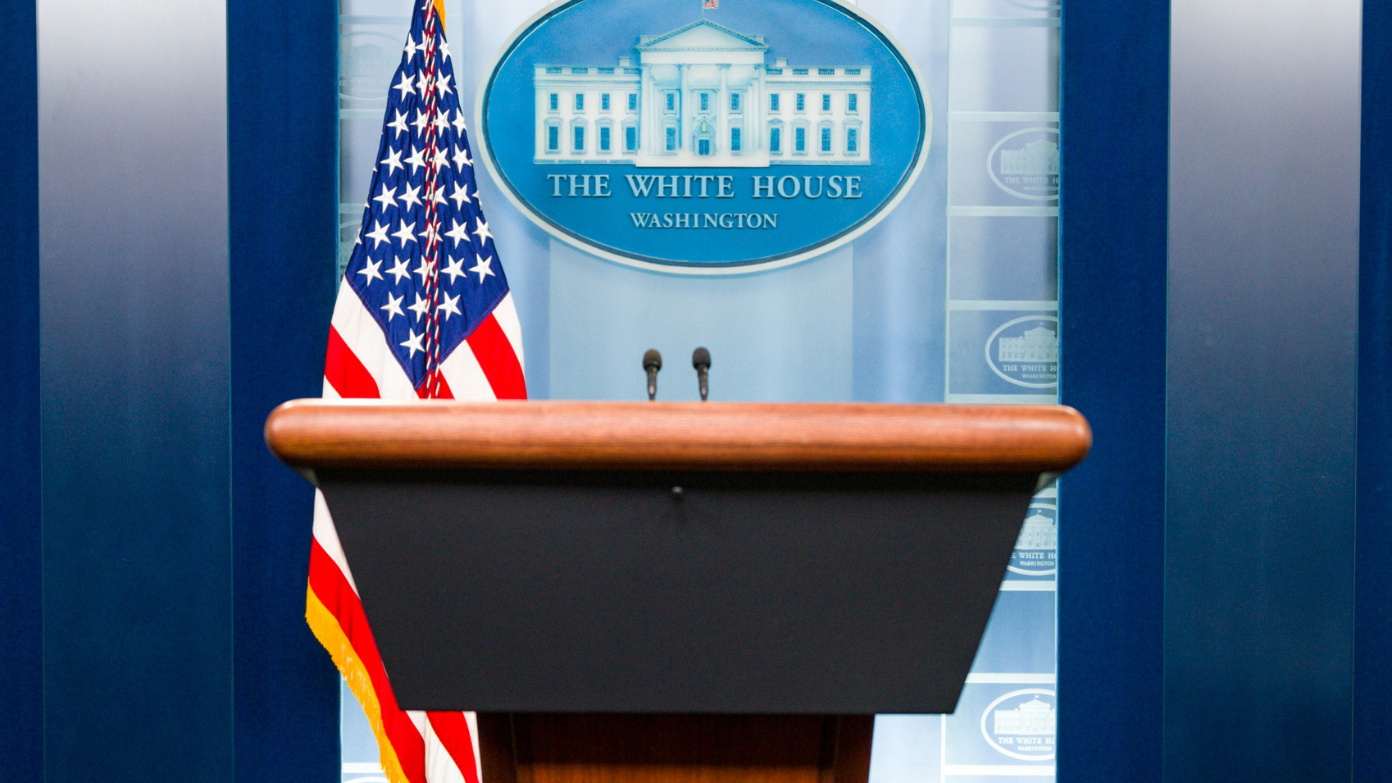On January 20, 2025, President Donald Trump signed a major executive order calling on federal workers to return to the office full time, bringing an end to the remote work arrangements expanded during the Biden administration. The move constitutes one of the significant turns in the policy of federal employment and seeks to reconfigure how government agencies function amidst the pressing issue of productivity and efficiency.
Executive order details
The executive order expressly instructs the heads of all federal departments and agencies to “take all necessary steps to terminate remote work arrangements” and require employees to return to their respective duty stations on a full-time basis. Although this order does provide for exemptions, the agency leaders find it necessary to set an in-person work expectation.
The move is part of Trump’s broader agenda to increase accountability within the federal workforce, which he says has been curtailed by remote work policies. The order comes after claims that government operations are ineffective and facing service backlogs because of remote work. Ironically, Trump said a small percentage of federal workers work in-person, which has been disputed by multiple reports indicating that more than half of the federal workforce is already working on-site full time.
Impact on federal workforce
This executive order has huge implications for the 3 million or so federal employees in the United States. The American Federation of Government Employees estimates that about 10% of all federal jobs are fully remote, with many others under hybrid arrangements. AFGE has strongly opposed the order, saying it will hurt efforts to attract and retain talent amid an increasingly competitive job market.
Everett Kelley, national president of AFGE, lambasted the order as regressive and said it “turns back the clock” on telework policies over the past decade. He acknowledged that many jobs do require people to be present in person due to the nature of the work but hybrid schedules have worked well for both the employees’ morale and the organizations’ productivity.
Economic considerations
Local leaders in Washington, D.C., and Virginia have mostly welcomed Trump’s decision, saying it could give a shot in the arm to local economies and public transit systems. With about 20% of federal workers living in the D.C. area, officials said the return of employees to offices will revitalize downtown areas and increase commuter traffic that has languished since the start of the COVID-19 pandemic.
Virginia Governor Glenn Youngkin has been outspoken in favor of ending remote work, tying it to increased ridership on public transit and economic recovery efforts. Likewise, D.C. Mayor Muriel Bowser said she is hopeful about Trump’s order, which she said “aligns with our goals for restoring vitality to neighborhoods that have been affected by the loss of foot traffic from federal employees.”
Legal and union reactions
While the executive order has drawn some local support from political leaders, it also has brought a sharp rebuke from labor unions representing federal workers. The AFGE plans to explore the legal pathways to challenge the order on grounds that this potentially violates some of the already existing collective bargaining agreements that safeguard telework arrangements. Hybrid models of work are now key to maintaining the workforce motivated and employees satisfied with their jobs after they adapted to working from home during the pandemic, according to union leaders.
David Gonzalez, a union leader in New England, said this policy could be disruptive for workers who have grown used to flexible arrangements; he said many took the job based on promises of hybrid or remote work options.
Read more: Can Trump keep the Panama Canal? Here’s what the U.S. president can and can’t do at the historic American site
Read more: Expert says whether TikTok users will be able to access the app after a possible ban in the U.S.
